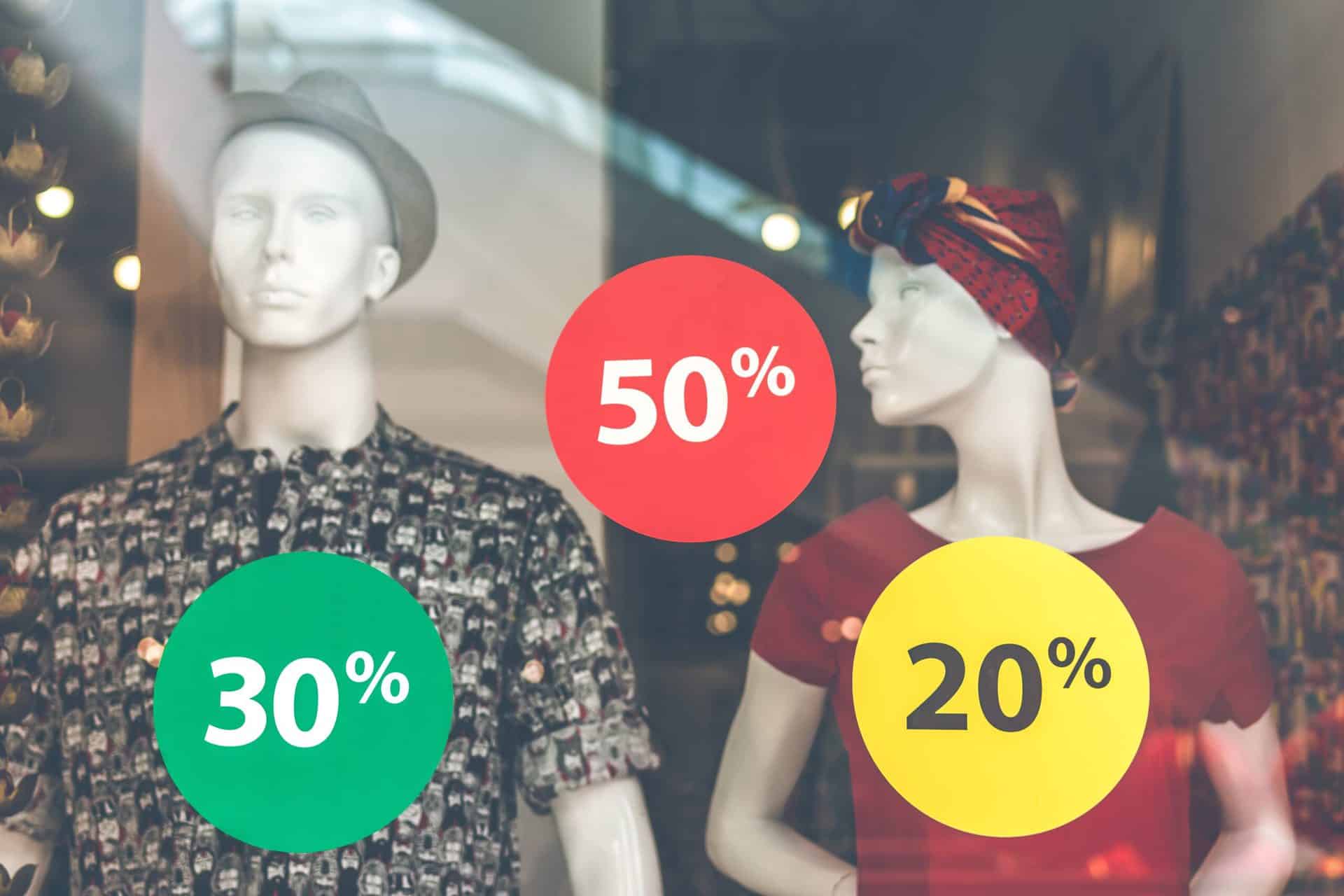Time to go Niche
Part of a four-part series.
These are tough times for many retailers. Consumer spending fell 36.5% in April compared with the same month last year, according to Barclaycard data. Much of this resulted from a near-total halt in spending on travel, restaurants, pubs and clubs, but retail has been significantly affected too – the British Retail Consortium reported a 19.1% year-on-year contraction in retail sales in April, the worst decline since that research began in 1995.
Yet it’s been uneven. Spending in supermarkets rose by 14.3%. Previously in this series, we have looked at how this is a rare and fleeting opportunity for those supermarkets to reimagine their formats and online offerings for a post-COVID future. For all retailers – both those struggling to keep up with customer demand and those wondering how they’ll stay in business – this is also a moment to think carefully about what they sell and who they sell it to.
For many, this is the moment to abandon their current generalist positioning and find a much more profitable niche.
The days of the out of town supermarket and sprawling department store have long been numbered. Between 2008 and 2018, the number of department stores in England fell 25% to just 180, according to research from crowdfunding marketplace Lendy. In 2019 the John Lewis Partnership slashed staff bonuses to just 3% – the lowest since the mid-1950s

Long-suffering retailers face more uncertainty
COVID-19 and the likely ongoing restrictions around shopping will accelerate this trend. In an age when anything you want is on Amazon and a German discounter will be cheaper in any grocery category, it was hard to find a reason to visit large, generalist stores. The addition of social distancing rules and the threat of contracting a terminal illness will surely make it almost impossible to justify the trip.
It’s always been the case that retailers with a clear, distinctive positioning that’s relevant to shoppers do well. Frozen food specialist Iceland was for years the best example of this. Games Workshop has been the role model of more recent years. The best performing stock in the FTSE250 since 2009 with a 25-fold price increase, it has maintained a relentless focus on giving a very specific range of products to a clearly defined audience in a way that they clearly love.
It’s already happening online. Search for anything and you’ll find a specialist online retailer serving that niche. If they have a look and feel that draws you in and earns your trust, and can deliver the right product at the right time and price, why would you go to a generalist retailer and wade through page after page of products to find the one you want?

Retailers must continue to fight for innovative ideas
Furthermore, most brands now use social media and their own distribution networks to reach customers directly. They bypass the generalist retailers to connect straight with people, again giving them exactly what they want in the way they want it.
The COVID-19 crisis is resetting our society in ways that seemed unimaginable just weeks ago, and the world that emerges from it will be different in many ways. Yet, it will not all go online; we will still want shops. We’ll want to see the products. We’ll want to be around other people. There is an opportunity right now for retailers to redesign their proposition so that it gives us that communal experience of products that we’ve always craved, but does it in a way that feels tailored and relevant to us.
Today is tough, but tomorrow will be better and the retailers who can get this right will be well placed to thrive when that recovery comes.
Sign up to our mailing list in the footer to receive more insights straight into your inbox, or follow us on Instagram or LinkedIn.


